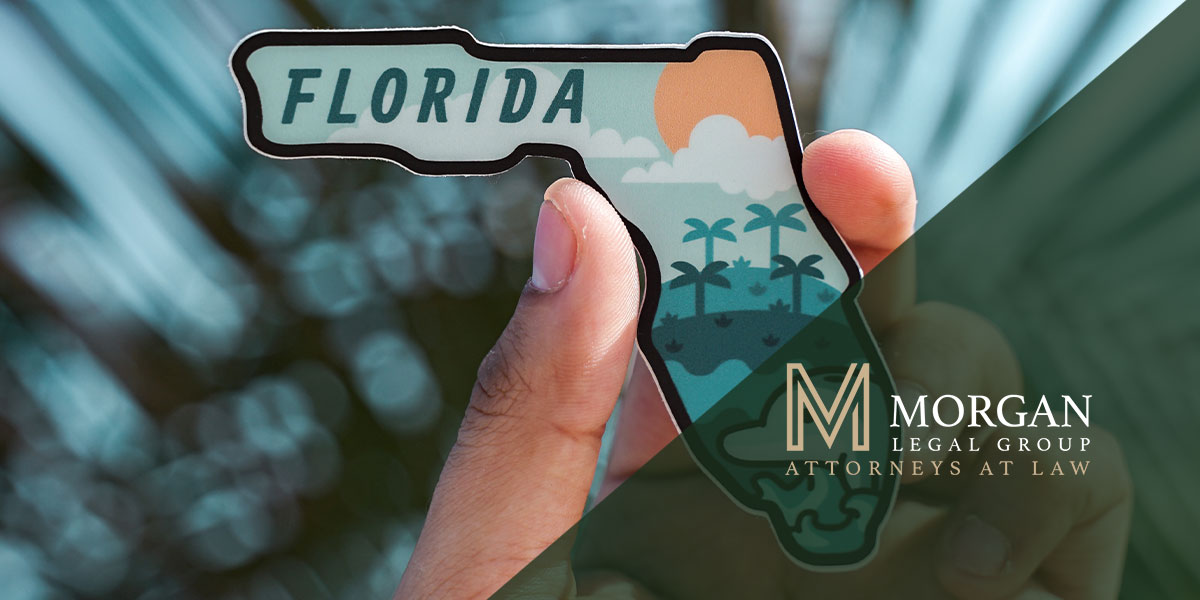Comprehensive Guide to Special Needs Trusts in Florida
If you have a loved one with special needs, securing their financial future while ensuring they maintain access to crucial government benefits can be a challenging balancing act. Special Needs Trusts (SNTs) provide a powerful solution to this complex problem in Florida. This comprehensive guide’ll explore everything you need to know about Special Needs Trusts in the Sunshine State.
Understanding Special Needs Trusts
A Special Needs Trust, often called a Supplemental Needs Trust, is a legal instrument designed to hold and manage assets for the benefit of an individual with disabilities. Its primary objective is to enhance the beneficiary’s quality of life while preserving their eligibility for essential government assistance programs, such as Medicaid and Supplemental Security Income (SSI).
Key Features of a Special Needs Trust:
- Third-Party Trust: Typically created by a family member, such as a parent or grandparent, for the benefit of the loved one with special needs.
- Self-Settled Trust: Can be established with the assets of the individual with disabilities, often from an inheritance, lawsuit settlement, or other sources of income.
- Irrevocable: Once formed, the trust is typically irrevocable, meaning it cannot be altered or revoked without court approval.
- Supplemental Care: The trust is designed to supplement, not replace, government benefits and programs.
- Trustee: A trustee is appointed to manage the trust and make discretionary distributions for the beneficiary’s needs.
The Benefits of Special Needs Trusts
Special Needs Trusts offer several significant advantages:
Preservation of Government Benefits
Government assistance programs like Medicaid and SSI often have strict income and asset limits. Placing assets in an SNT can help preserve these limits, ensuring your loved one continues to receive crucial benefits for healthcare, housing, and other necessities.
Enhanced Quality of Life
An SNT allows the trustee to use trust funds for the beneficiary’s supplemental needs. This can include educational expenses, recreational activities, therapy, and other enhancements to their quality of life that government benefits may not cover.
Asset Protection
Assets held within the trust are shielded from creditors and legal claims, providing additional security for the grantor and beneficiary.
Types of Special Needs Trusts
Florida recognizes two primary types of Special Needs Trusts:
Third-Party Special Needs Trust (Family Trust)
This trust is created by a family member (e.g., parent or grandparent) for the benefit of the individual with special needs. It is funded with the family member’s assets and can be established within a will or as a separate trust document.
Self-Settled Special Needs Trust (First-Party Trust)
A self-settled SNT is funded with the assets of the individual with disabilities, often due to an inheritance, personal injury settlement, or other sources of income. This trust type is subject to specific regulations and Medicaid payback requirements.
Consulting with Experienced Attorneys
Establishing a Special Needs Trust in Florida is a complex legal process that demands a thorough understanding of both state and federal laws. Working with seasoned attorneys, such as those at the Morgan Legal Group in Miami, is crucial to ensuring your loved one’s financial future remains secure.
Our legal team can assist you in navigating the intricate details of Special Needs Trusts, help you create a customized plan, and provide ongoing support to safeguard your loved one’s best interests. Contact us today to discuss your unique situation and embark on the journey of securing a brighter and more secure future for your loved one with special needs.

